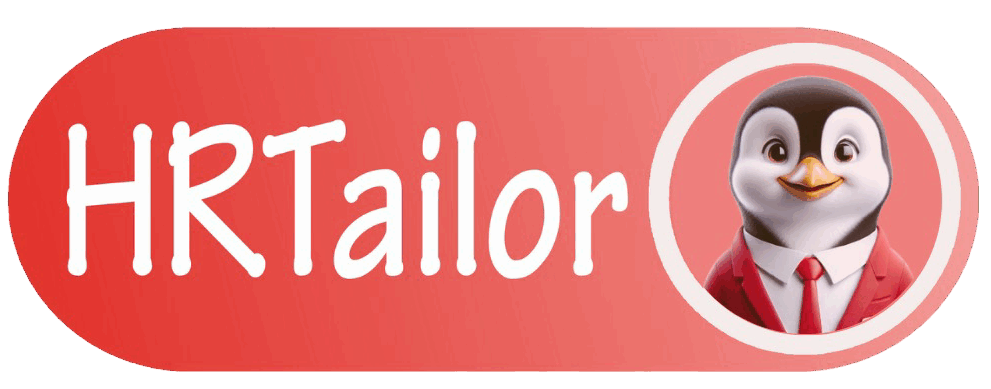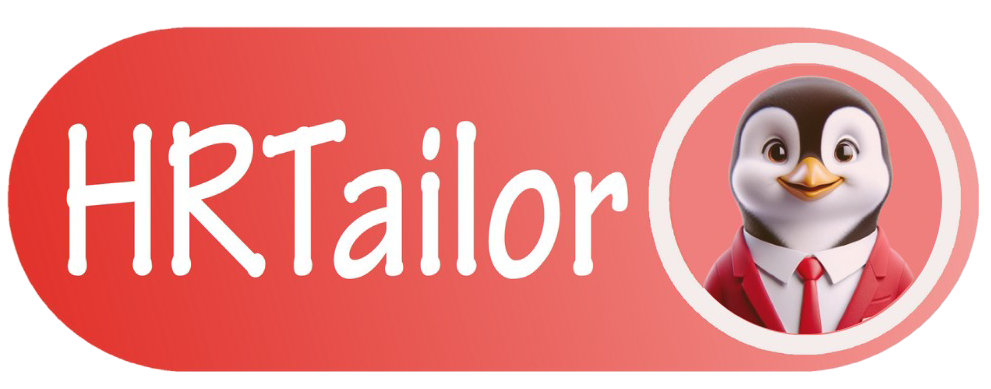
HR Policies Every Business Must Have in Place Before Hiring Employees
When building a successful business, clear HR policies are crucial. They create a framework for a professional, compliant, and efficient workplace. Before you hire your first employee, implementing key policies ensures you protect your business, meet legal requirements, and foster employee trust. Let’s explore the must-have HR policies every business needs to set a strong foundation.
1. Employment Contracts and Offer Letters Policy
A transparent employment contract is the cornerstone of any hiring process. This policy ensures clarity between employers and employees, minimizing disputes.
What to Include:
- Job role and responsibilities
- Salary, bonuses, and benefits structure
- Confidentiality clauses, non-compete agreements, and notice periods
Why It’s Important:
Employment contracts protect your business from legal disputes and help maintain compliance with Indian labour laws like the Indian Contract Act, 1872.
2. Confidentiality and Data Protection Policy
In the digital age, safeguarding sensitive business information is non-negotiable. A Confidentiality Policy ensures employees understand their responsibilities when handling sensitive company data.
What to Include:
- Definition of “confidential information” (e.g., trade secrets, client data, business strategies)
- Rules for sharing information internally and externally
- Consequences for breaches of confidentiality
Why It’s Important:
Without this policy, your intellectual property and sensitive information could be at risk. A confidentiality policy also protects you during employee exits.Action Tip: Include a Non-Disclosure Agreement (NDA) in the employment contract to legally enforce confidentiality.
3. Leave and Time-Off Policy
Leave policies establish clear rules around paid time off, sick leave, and other absences. These policies should be aligned with Indian laws like the Shops and Establishment Act (state-specific).
What to Include:
- Types of leave: Casual, sick, maternity/paternity, earned leave, and holidays
- Guidelines for applying and approving leave
- Rules for unused leave balances
Why It’s Important:
A well-defined leave policy avoids misunderstandings and promotes a healthy work-life balance.
4. Code of Conduct Policy
A code of conduct establishes workplace behavior standards, ensuring professionalism and ethical practices.
What to Include:
- Expectations for punctuality, dress code, and general workplace behavior
- Guidelines on harassment, discrimination, and bullying
- Consequences for policy violations
Why It’s Important:
This policy helps maintain harmony in the workplace and prevents misconduct. It also reflects your company’s values and culture.
5. Grievance Redressal Policy
Disputes and concerns are inevitable in any organization. A grievance redressal policy provides employees with a structured process for raising and resolving complaints.
What to Include:
- Steps for filing grievances
- Timeline for resolution
- Role of HR or grievance committees
Why It’s Important:
A transparent grievance system prevents workplace conflicts from escalating and ensures compliance with the Industrial Disputes Act, 1947.
6. Anti-Harassment and POSH Policy
Every organization with 10 or more employees must comply with the Prevention of Sexual Harassment (POSH) Act, 2013.
What to Include:
- A clear definition of sexual harassment
- Reporting mechanisms and confidentiality assurances
- Formation of an Internal Complaints Committee (ICC)
- Regular POSH training programs
Why It’s Important:
This policy creates a safe, inclusive workplace while fulfilling your legal obligations.
7. Attendance and Work Hours Policy
Attendance and punctuality set the tone for employee accountability. This policy ensures clarity on work schedules, remote work rules, and overtime.
What to Include:
- Office hours, break times, and remote work guidelines
- Rules for tardiness, absenteeism, and unapproved leaves
- Overtime payment policies (aligned with the Factories Act, 1948)
Why It’s Important:
This policy prevents misunderstandings and ensures fair compensation for overtime.
8. Payroll and Statutory Benefits Policy
Transparency in salary and benefits fosters employee trust and ensures compliance with statutory laws like Provident Fund (PF) and Employee State Insurance (ESI).
What to Include:
- Payment schedule and methods
- Deductions for taxes, PF, ESI, and professional tax
- Eligibility for bonuses, incentives, and gratuity
Why It’s Important:
Proper payroll management ensures compliance with laws like the Payment of Wages Act, 1936, and avoids penalties.
9. Health and Safety Policy
A health and safety policy is essential for industries with physical work environments like manufacturing or construction. It ensures employee safety and compliance with the Occupational Safety, Health, and Working Conditions Code, 2020.
What to Include:
- Workplace safety rules, emergency procedures, and first-aid protocols
- Training programs on using safety equipment
- Mandatory provisions for drinking water, sanitation, and ventilation
Why It’s Important:
This policy reduces workplace accidents and liability while safeguarding employee well-being.
10. Exit and Termination Policy
Managing employee exits professionally is as important as onboarding. A termination policy defines the process for voluntary and involuntary exits.
What to Include:
- Notice period rules and final settlements
- Steps for returning company property
- Exit interview processes
Why It’s Important:
A structured exit policy prevents disputes and ensures smooth offboarding.
Why These Policies Matter
Having these policies in place before hiring employees protects your business from:
- Legal Risks: Avoid fines, lawsuits, and penalties for non-compliance.
- Workplace Conflicts: Clear policies reduce disputes and misunderstandings.
- Employee Turnover: Well-defined rules and benefits foster trust and retention.
How to Get Started
- Customize Policies: Tailor them to your industry, business size, and local labour laws.
- Consult Experts: Work with HR consultants like HRTailor for legally compliant, customized HR policies.
- Communicate Clearly: Share policies with employees during onboarding. Maintain an accessible employee handbook.

